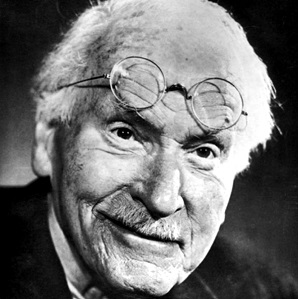Lancaster, CA 93536
Life transitions are significant changes in a person’s life that often bring emotional, physical, or psychological adjustments.
Developmental Transitions
Relationship Changes
Career Shifts
Health-Related Changes
Loss and Grief
Environmental or Situational Transitions
Career development is the ongoing process of exploring, building, and advancing one’s professional path. The path includes:
Self-Discovery and Career Exploration
Resume and Interview Preparation
Skill Building and Training
Career Transitions
Goal Setting and Accountability
Work-Life Balance and Career Satisfaction
Dealing with loss refers to the emotional, psychological, and sometimes physical responses people experience when they go through a significant change or separation, often from something or someone meaningful. Types of loss include:
What It Involves Emotionally:
How Life Coaching Can Help:
